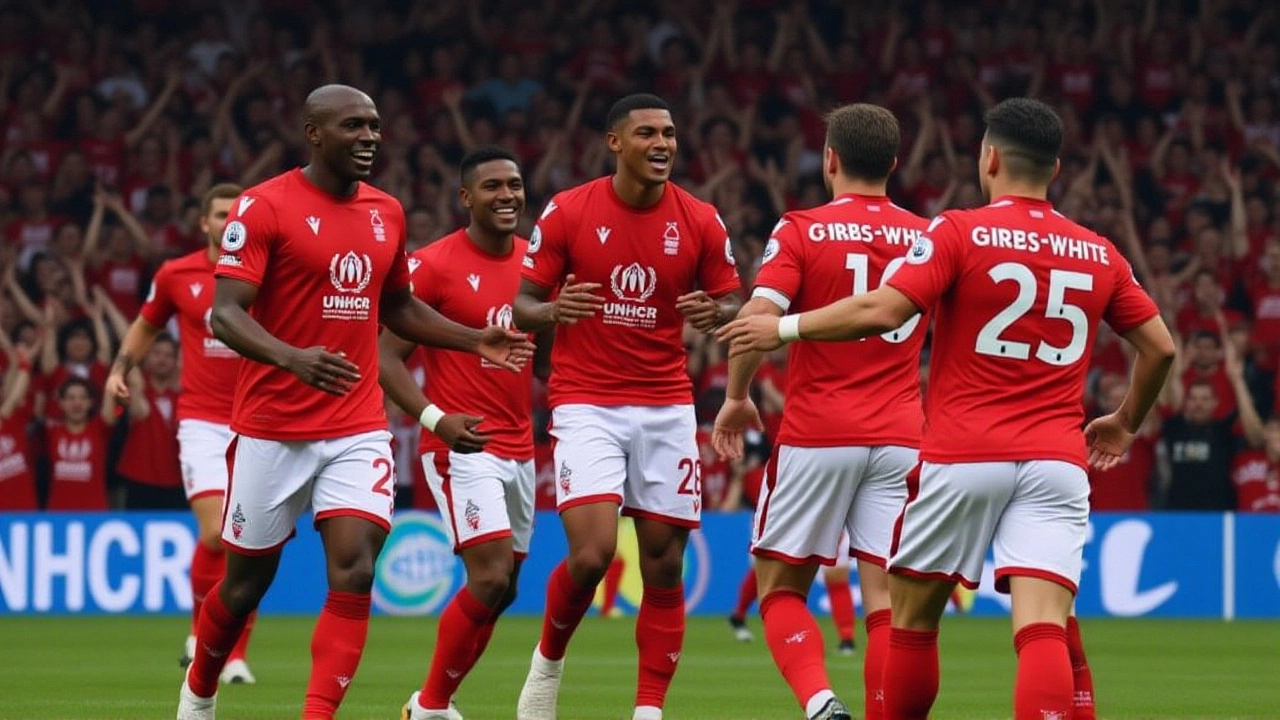Football Investment: The Money Behind the Game
When talking about football investment, the act of allocating capital into clubs, leagues, or related assets to earn returns or influence the sport. Also known as soccer investment, it shapes everything from player contracts to stadium builds. Understanding this flow of cash is the first step to seeing why a single deal can shift league standings or spark fan revolts.
One of the fastest‑growing niches is private soccer leagues, independent football competitions that generate revenue outside traditional governing bodies. These leagues rely heavily on broadcasting rights, contracts that let TV networks show games for a fee to fund operations and attract investors. When a broadcaster pays a hefty sum, the league can afford better venues, higher salaries, and more marketing, which in turn boosts the value of any sponsorship deals, agreements where brands pay to have their name linked to clubs or events. The result is a virtuous circle: more exposure brings more sponsors, which fuels bigger player transfers and richer club ownership structures.
Club ownership is another pillar of football investment. Owners pour money into stadium upgrades, youth academies, and international brand expansion. Those upgrades often raise ticket prices and merchandise sales, creating additional cash streams that feed back into the club’s balance sheet. At the same time, savvy owners monitor player transfer markets, buying talent low and selling high to generate profit. This kind of financial maneuvering explains why a single sale can fund an entire season’s budget.
The landscape isn’t static. Recent ownership disputes, like the high‑profile clash at Nottingham Forest, show how disagreements over capital allocation can trigger coaching changes and affect on‑field performance. Meanwhile, fan‑owned clubs are experimenting with share‑holding models that let supporters earn dividends while retaining a voice in club decisions. These trends illustrate that football investment isn’t just about big‑ticket deals; it also includes community financing, stadium bonds, and even cryptocurrency sponsorships.
Below, you’ll find a curated set of articles that dig deeper into each of these angles—private league financing, broadcast revenue models, sponsorship strategies, and the mechanics of club ownership. Whether you’re an aspiring investor, a curious fan, or a seasoned executive, the pieces ahead will give you practical insights and real‑world examples of how money moves the beautiful game.

Marinakis eyes €100 m São Paulo youth academy as Vasco bid fades
Greek mogul Evangelos Marinakis pivots from a Vasco da Gama bid to a €100 million deal with São Paulo FC, targeting the Cotia academy and a revenue‑share model that could reshape Brazilian football investment.